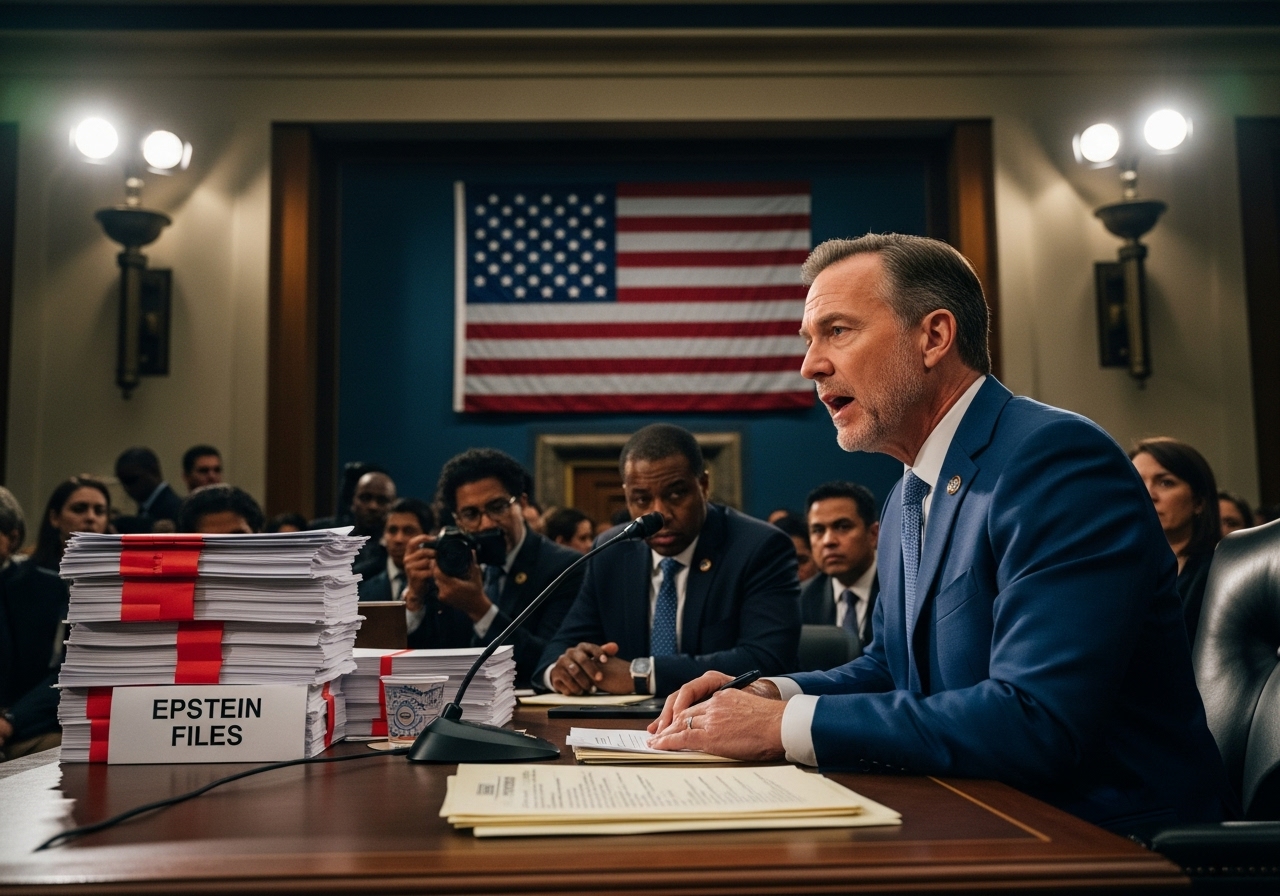This week, Rep. Matt Gaetz (R-FL) will present a bill that would shield convicts in the Capitol riot on January 6 from federal prosecutors’ retribution when they file requests for resentencing.
Gaetz told the Washington Examiner that the law “would give considerable relief for January 6th offenders and ensure federal prosecutors stop going for charges if defendants seek resentencing.” Furthermore, it will guarantee the equitable administration of justice by harmonizing the preservation of individual rights with the requirement for responsibility.
Gaetz will present the Resentencing Integrity Act of 2024, a new piece of legislation, during Federal Bureau of Prisons Director Colette Peters’ testimony before the House Judiciary Committee starting at 10 a.m.
Gaetz’s action follows the Supreme Court’s ruling in Fischer v. United States, which limited the use of Section 1512(c)(2), a statute that forbids interfering with an official procedure. In a 6-3 ruling, the judges decided that the legislation solely covers tampering with evidence. Prior to this historic decision, President Joe Biden’s Dept. of Justice officials had threatened to pursue further jail time for anyone seeking new sentences after finding their previous ones unconstitutional.
The proposal under consideration would require judges to apply the time that offenders have already spent toward a maximum of ten years against any subsequent sentence. At the same time, the DOJ has been hinting in court documents that, should a defendant’s case be eligible for resentencing in light of Fischer, it is looking into ways to add further charges.
According to DOJ figures, the Supreme Court limited the application of 1512(c)(2), charging approximately 259 defendants from the Capitol attack with obstruction. Five accused members of the Proud Boys group are among those defendants.
In a court document last Monday, prosecutors stated that they have offered each of the five defendants in that group a plea agreement that excludes the obstruction allegation. However, DOJ prosecutors have threatened to drop the indictment and put the defendants on trial for other alleged offenses if they reject the agreement.
In court documents, the DOJ has claimed that although it is currently “considering” Fischer’s effects on other defendants, the decision did not invalidate the use of 1512(c)(2) in connection with the prosecutions that began on January 6.
According to the ruling, in the case of the five Proud Boys defendants, U.S. Attorney Matthew Graves submitted that the government “must prove that the defendant harmed the availability for use in an official proceeding of documents, records, or objects, used in the proceeding — like witness testimony — or attempted to do so.”
Growing criticism of the BOP and its leadership coincides with Gaetz’s bill’s launch. In response to Peters’ reluctance to let Congress talk with former Trump trade advisor Peter Navarro—who was just freed from prison after serving a four-month term for refusing to comply with a subpoena from the now-defunct Jan. 6 committee—House Republicans wanted testimony from Peters in May.
During Navarro’s prison stay in May, Gaetz stated, “I’ve been trying for five weeks to be able to interview Mr. Navarro.” Regulations should allow this, but Director Peters personally informed me that a member of Congress cannot question Peter Navarro because he is “too notorious.”
Gaetz’s Resentencing Integrity Act of 2024 is a major legislative attempt to remedy alleged inequities within the federal sentencing system, especially for individuals engaged in the Jan. 6 incidents, as the Judiciary Committee gets ready to hear Peters’s testimony. The measure aims to ensure the impartial execution of any resentencing procedure, free from undue influence or retaliation from federal prosecutors.






